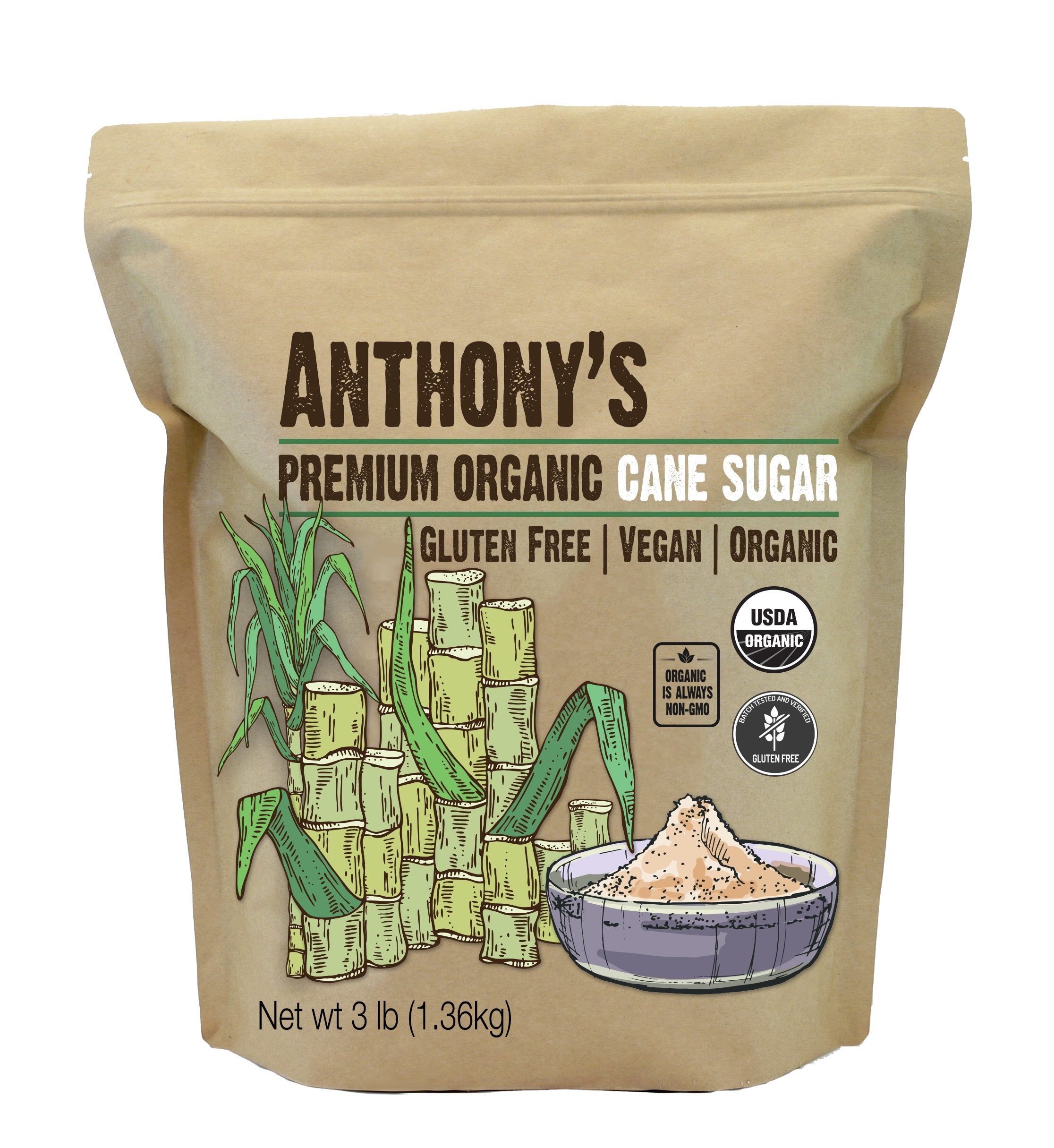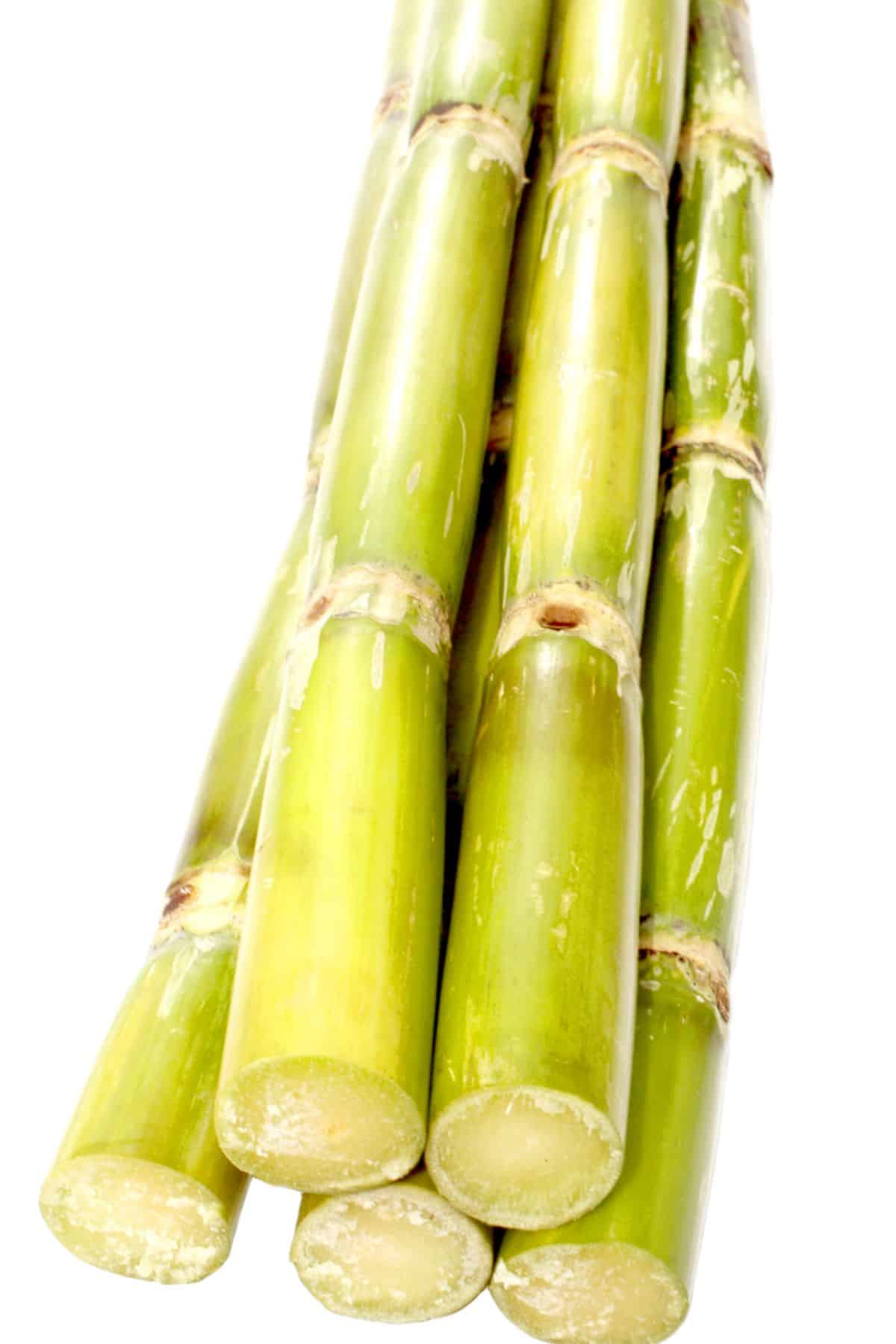The Science Behind Cane Sugar Processing: Exactly How Sweet Taste is Improved
The Science Behind Cane Sugar Processing: Exactly How Sweet Taste is Improved
Blog Article
An In-depth Introduction of the Health and Economic Implications of Walking Stick Sugar Processing on Local Communities
Walking cane sugar processing plays a crucial role fit the economic landscape of regional neighborhoods, supplying job opportunity and boosting secondary sectors. Nonetheless, the wellness ramifications connected with high sugar usage can not be ignored, as they contribute to increasing prices of excessive weight and diabetic issues. This nuanced vibrant welcomes a crucial examination of just how neighborhoods can maximize financial gains while resolving journalism health difficulties they encounter. The expedition of instructional initiatives and sustainable practices might simply hold the secret to integrating these clashing interests. What techniques might communities apply to achieve this equilibrium?
Financial Benefits of Walking Stick Sugar Processing
Walking cane sugar handling supplies substantial economic advantages that expand past the instant agricultural sector. The cultivation and processing of sugarcane develop numerous work possibilities, from farming to production and circulation. This work generation not only sustains local economic situations however likewise fosters area advancement by giving secure revenue sources for families.
Furthermore, the sugar sector boosts ancillary businesses, consisting of transport, equipment supply, and product packaging services (Cane Sugar Processing). As these industries expand, they add to a much more durable economic structure, boosting general community durability. The export capacity of processed walking stick sugar even more intensifies financial advantages, placing regions as competitive players in worldwide markets
Financial investment in modern processing facilities can result in boosted performance and effectiveness, therefore minimizing waste and enhancing source use. This shift not only benefits the regional economic climate but also sustains sustainability initiatives by decreasing environmental effects.
Furthermore, the earnings generated from walking stick sugar processing can be reinvested in neighborhood infrastructure, education and learning, and medical care, advertising all natural neighborhood growth. In general, the economic advantages of walking cane sugar handling are complex, offering a foundation for withstanding success in farming areas.
Health Risks Connected With Sugar Consumption
Extreme sugar intake presents substantial health and wellness dangers that require major attention. High intake of added sugars, particularly from refined beverages and foods, has actually been linked to numerous health and wellness problems.
In addition, high sugar intake is connected with cardio disease. Elevated blood glucose levels can cause insulin resistance, a forerunner to different heart-related issues. In addition, sugar can have destructive effects on oral wellness, leading to tooth cavities and gum condition, as bacteria in the mouth grow on sugar, creating acids that erode tooth enamel.
Furthermore, arising study suggests a potential link in between high sugar usage and mental health and wellness disorders, such as anxiety and anxiety. As areas grapple with these wellness dangers, it comes to be important to promote understanding and encourage much healthier nutritional selections. Resolving sugar consumption is crucial not only for individual health and wellness but additionally for the general wellness of neighborhood neighborhoods, emphasizing the demand for comprehensive public health approaches.
Environmental Effects of Sugar Manufacturing
Often forgotten in discussions regarding sugar's implications is the considerable ecological influence of sugar manufacturing. The farming of sugarcane commonly necessitates extensive land use, leading to logging, loss of biodiversity, and interruption of local ecological communities. The conversion of forests and wetlands right into sugar ranches can cause habitat damage, threatening countless types and changing environmental equilibrium.
In addition, sugar production is resource-intensive, consuming substantial amounts of water for irrigation. This can result in deficiency of regional water sources, adversely affecting both farming methods and neighborhood accessibility to tidy water. Furthermore, the usage of chemical plant foods and pesticides in look at here now sugarcane farming can add to soil deterioration and water contamination, as overflow from these chemicals goes into neighboring rivers and lakes, affecting aquatic life and human health and wellness.
The ecological footprint reaches the handling stage, where power consumption and waste generation more intensify eco-friendly problems. Air pollution from shedding sugarcane areas, in addition to greenhouse gas emissions, add to environment adjustment. Because of this, the environmental ramifications of sugar manufacturing warrant serious consideration, urging stakeholders to adopt even more sustainable methods to mitigate these negative effects on local communities and neighborhoods.
Work Production and Neighborhood Growth
The ecological difficulties posed by sugar manufacturing are often counteracted by its possibility for financial benefits, particularly in work development and neighborhood growth. The walking stick sugar industry functions as a substantial resource of employment in numerous country locations, offering jobs throughout different skill levels, from farming labor to processing and circulation duties. This work not only sustains individual households but additionally contributes to the overall economic vigor of regional areas.
Furthermore, the facility of sugar handling centers promotes supplementary organizations, such as transport solutions, equipment supply, and maintenance carriers. As these businesses prosper, they develop added work and reinforce local economies. The revenue generated from the sugar market additionally causes raised tax earnings, which can be reinvested into social work such as education, medical care, and infrastructure advancement.
In addition, the sugar market frequently engages in area advancement efforts, such as sustaining regional schools and health and wellness programs, consequently boosting the quality of life for homeowners. By promoting strong neighborhood connections here and advertising economic growth, the cane sugar processing field plays an important role in uplifting neighborhood populaces, making it an essential part of sustainable development approaches in sugar-producing regions.
Balancing Health and Economic Growth
In navigating the complexities of cane sugar processing, a critical challenge lies in stabilizing wellness factors to consider with financial growth. The sugar industry dramatically adds to local economic climates by creating tasks, boosting related fields, and raising tax profits. Nonetheless, the wellness ramifications connected with too much sugar intake can lead to persistent illness such as obesity, diabetes mellitus, and cardio problems, which can concern public wellness systems and reduce labor force efficiency.

In addition, governing frameworks can play a pivotal role in directing industry techniques in the direction of even more sustainable and health-conscious strategies. By cultivating partnership in between government bodies, health organizations, and the sugar market, neighborhoods can browse the dichotomy of wellness and economic growth, making sure that the benefits of cane sugar processing are equitably shared while prioritizing public health and wellness.
Verdict
To conclude, the handling of cane sugar offers both substantial economic advantages and remarkable health and wellness threats for neighborhood areas. While it cultivates task production and stimulates regional advancement, the associated health and wellness concerns, specifically regarding obesity and diabetes, demand a cautious balancing act. By advertising responsible consumption and investing in area education and learning and sustainable methods, it is feasible to make best use of economic benefits while minimizing damaging wellness effects, thus ensuring a much healthier future for local populations.
Furthermore, sugar can have damaging impacts on oral wellness, resulting in tooth cavities and periodontal disease, as microorganisms in the mouth grow on sugar, creating acids that erode tooth enamel.
Attending to sugar intake is critical not just for private wellness but likewise for the total wellness of local areas, stressing the demand for detailed public health and wellness techniques.
Regularly overlooked in discussions concerning sugar's implications is the substantial environmental effect of sugar manufacturing. The health and wellness ramifications linked with too much sugar usage can lead to chronic diseases such as excessive weight, diabetes mellitus, and cardiovascular concerns, which can worry public wellness systems and diminish labor force performance.

Report this page